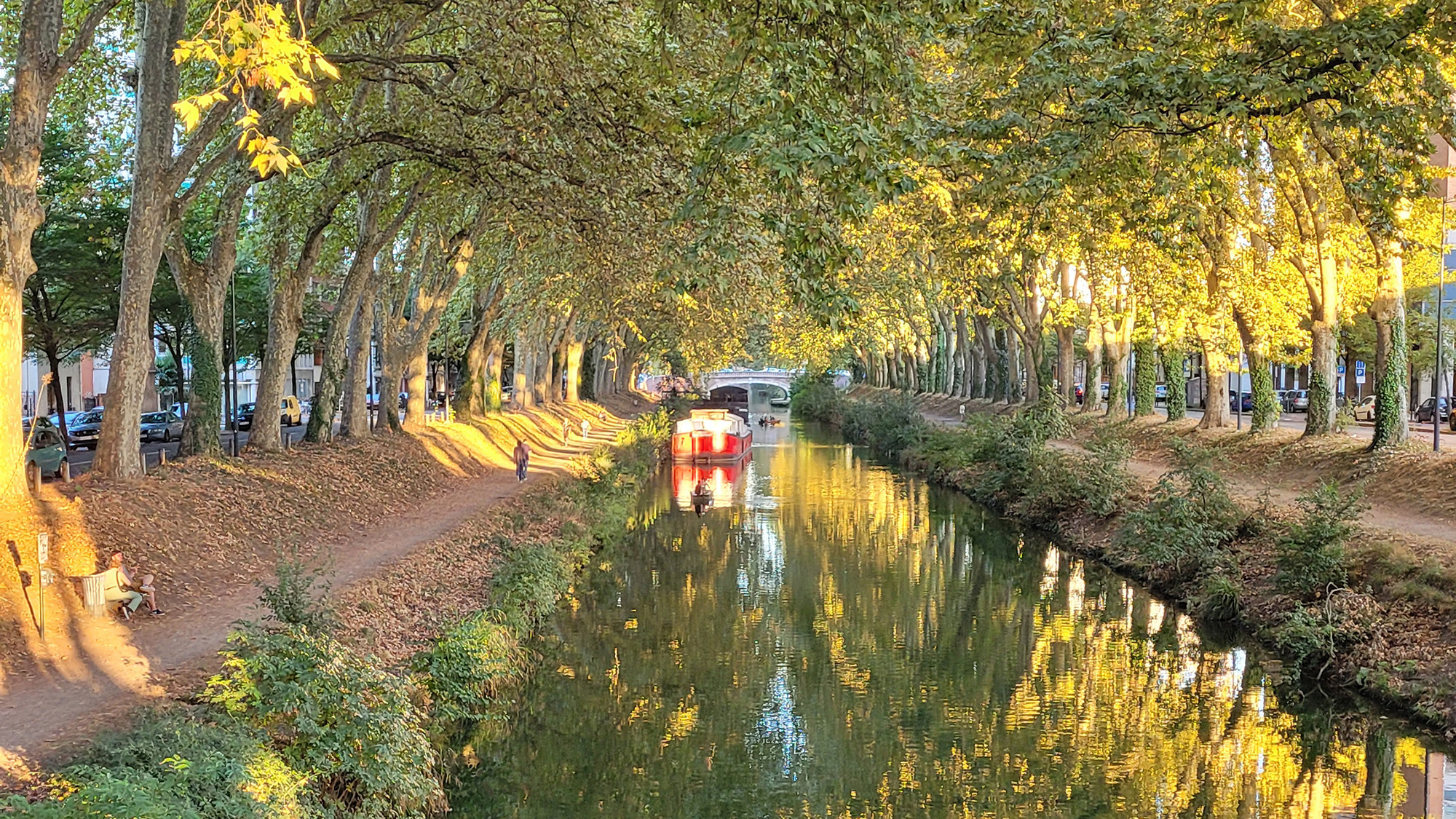Tom O’Connor: France shows Ireland the way on environmental justice

Pictured: The Canal de Brienne in the centre of Toulouse

Tom O'Connor
With a recent court ruling, France is showing Ireland the way forward on environmental justice, Tom O’Connor reports from Toulouse.
The right to live in a healthy and stable environment was established as a fundamental freedom this week by the French Conseil d’État, the country’s Supreme Court for administrative justice and a legal adviser to the executive branch.
The appellants claimed that irreversible harm was being done to protected species and habitats because of roadworks being conducted by the respondent Var department in the South of France. While the applicants’ appeal was rejected, the Conseil d’État deemed the right to a healthy environment to be a fundamental freedom under Article L 521-2 of the Code de justice administrative.
This was not an entirely new development. A 2005 environmental charter in France established constitutional rights, responsibilities and protections relating to the environment.
That is not to say that this week’s ruling is insignificant. An associate professor of public law at Toulouse 1 University Capitole, Julien Bétaille, said that it is an “[i]mportant decision both conceptually and practically”. The Conseil d’État’s judgment means that an administrative decision affecting the environment can be challenged through an emergency 48-hour procedure rather than the standard 15-day system.
The case is one of many examples of how environmental rights are evolving throughout Europe. Currently, over half of European Union members recognise a right to a healthy environment in their constitutions either explicitly or implicitly. Ireland does not fall into this category. It is deemed “notoriously slow” on substantial climate action.
In 2020, however, the Irish Supreme Court considered a right to a healthy environment in the momentous case of Friends of the Irish Environment v The Government of Ireland. There, the seven-judge court quashed the government’s National Mitigation Plan because it did not contain sufficient detail outlining how emissions would be cut in the ‘national transport objective’, as required by the Climate Action and Low Carbon Development Act 2015.
The High Court held in favour of the respondent but agreed with the applicant’s argument that there was an unenumerated constitutional right to an environment consistent with human dignity “for the purposes of the case”. The Supreme Court dismissed the applicant’s appeal and also rejected the High Court’s establishment of a right to an environment consistent with human dignity in the circumstances.
The Supreme Court did not unconditionally reject the idea though, noting that “there may well be cases, which are environmental in nature, where constitutional rights and obligations may be engaged”. Importantly, the court said that such a right does not exist in the Constitution in its current form.
Innovative approaches to constitutional cases may yield positive results in the context of environmental rights, similar to that seen in France this week. However, it seems that the Irish Supreme Court was indicating that a referendum would be a more suitable way to incorporate such a right in the Constitution.
In her analysis of the case, Orla Kelleher suggested that the Citizens’ Assembly on Biodiversity Loss could facilitate a public discussion about constitutionalising such a right. The recently established Assembly is now accepting submissions until November.
The decision of the Conseil d’État this week is an example of how European countries are advancing legal rights, responsibilities and protections in the environmental sphere. Meanwhile, Ireland waits for the legislature to act.









